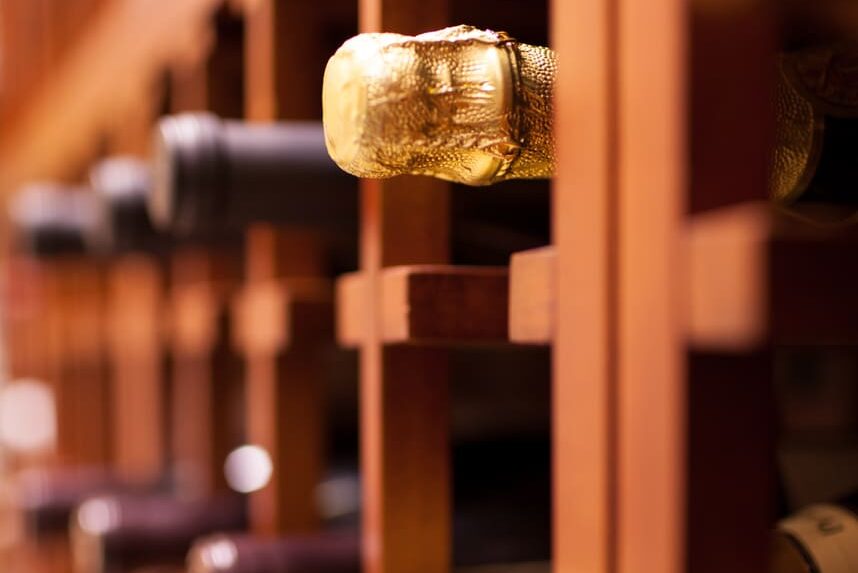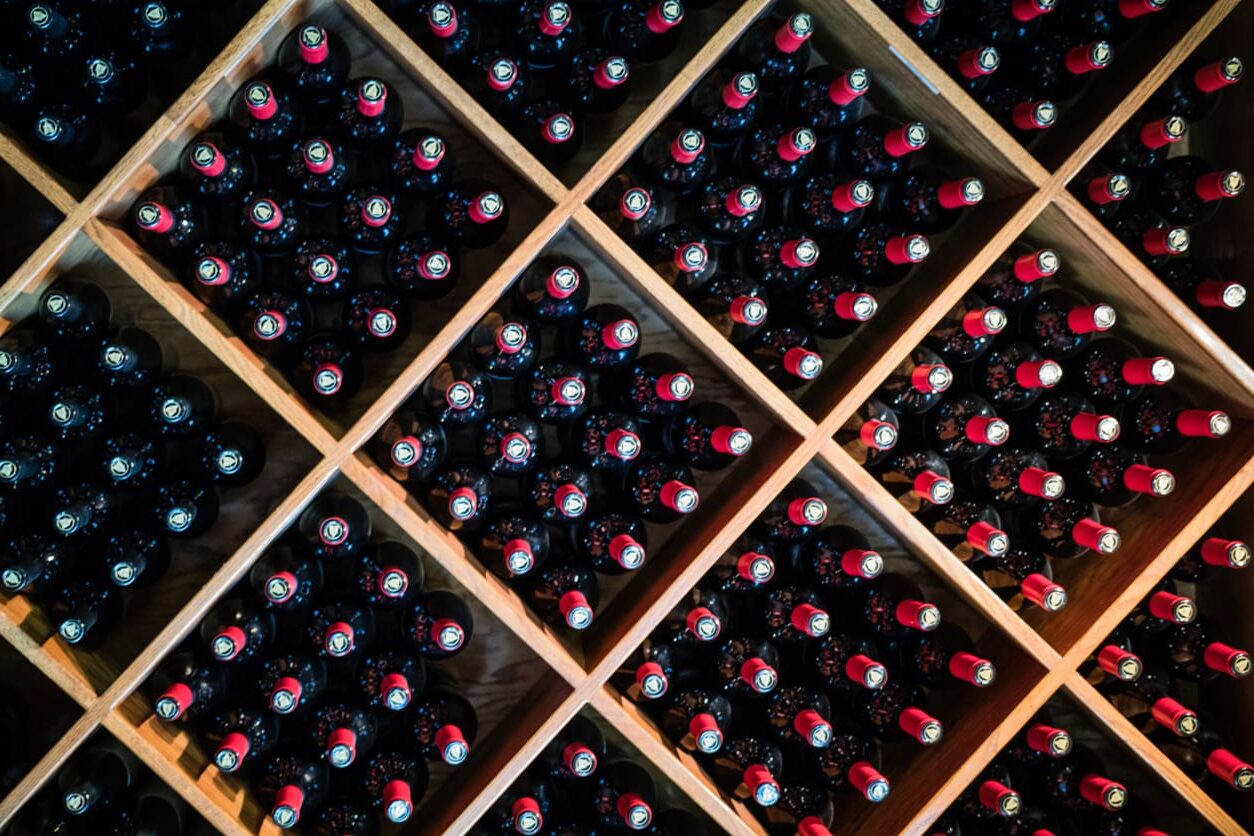Investing in fine wine
Will I be taxed?
Rare and exotic assets attract significant interest from investors looking to diversify their portfolios. Fine wine, in particular, is of interest as an asset class, as it has historically performed well and offers an alternative to more conventional assets.
Investments in fine wine must be carefully considered, as the tax position is not straightforward, and unwary investors may find themselves subject to unexpected tax liabilities.
Income tax
A purchaser who buys wine for onward sale on a regular basis, and who sells it on at a profit (such as a wine merchant) is likely to be subject to income tax on trading profits. Whilst it is not always easy to make the distinction between what is a trade and what is not, this article focuses on medium to long-term wine investors who broadly will not be liable to income tax on their gains.
Capital Gains Tax (CGT)
CGT is chargeable on the disposal proceeds less the costs of purchase and sale of an asset. For sales of wine from 30 October 2024 (subject to the exemptions below), CGT is chargeable at 18% or 24% on capital gains for basic and higher rate taxpayers respectively.
Taxpayers have a CGT annual exemption – in 2024/5 this is £3,000. No tax is payable if total gains in the year are below this amount.
It is a common assumption that the sale of fine wine will always be exempt from CGT. Whilst exemptions will apply in many cases, there is not a blanket exemption for wine as an asset class.
Wasting assets
If an asset, when acquired, has an expected useful life of less than 50 years (known as wasting assets) then any gains on sale will be exempt from CGT. HMRC view cheap table wine as a wasting asset. However, a wine will not be a wasting asset if it can be kept for substantial periods – sometimes, well in excess of 50 years. Fortified wines (e.g. port) which are recognised as having very long shelf lives will not usually fall under this exemption.
It is important to note that the expected useful life counts from date of acquisition, not of creation. A 1970s vintage wine that is 50 years old at purchase but is only expected to be drinkable for another 15 years would be a wasting asset and therefore exempt. On the other hand, wine that is 10 years old at purchase and is expected to be drinkable for another 60 years would not be a wasting asset.

Chattels
Chattels (i.e. tangible moveable property) with a disposal value of less than £6,000 are exempt. This applies to gains on disposal of a bottle of wine, or collection of bottles of wine, sold for less than £6,000.
HMRC consider the sale of several bottles of wine to the same person, which may constitute a set, as one asset if the bottles are:
- “similar and complementary” – meaning they would have been produced from the same vineyard in the same vintage year, and
- of greater worth when sold collectively than when sold individually.
The key takeaway for CGT is to seek advice in cases of uncertainty.
Inheritance Tax (IHT)
For IHT purposes, it is important to note that the valuation of wine held as part of the estate is based on the fair market value of the wine at death, rather than the value at purchase.
A wine cellar that forms part of the deceased’s estate will be considered as part of the estate’s value, regardless of how the wine may have been taxed (or not) in the deceased’s lifetime. There was no change in the 2024 Budget to the IHT nil-rate band of £325,000 and the main rate on death continues to be 40%. Gifts of wine to family members will be exempt from IHT, provided the donor survives for at least 7 years, although a gift is disposal for CGT purposes, subject to the exemptions referred to.

VAT
Buyers of wine will incur VAT on their purchase as well as paying alcohol duty, if purchased in a retail setting. This could add significant costs to investors, as VAT is also charged on the duty. If the intention is to purchase wine solely for investment purposes, it is commonly recommended to buy and hold the wine in bond. This means it will be stored, usually under perfect conditions, within an HMRC approved facility (a “bonded warehouse”), with both VAT and the duty deferred until the wine is removed for consumption or sale. If wine is sold whilst in bond, responsibility for VAT and duty will be passed on to the new owner.
Holding wine in bond can incur costs related to the storage of the wine, which are not deductible from capital gains.
It is worth noting that the activities of investing in wine whilst in bond will remove VAT and duty charges, however if the activity is of sufficient volume, value, and frequency then HMRC may look for certain “badges of trade” and look at the activity as an “adventure in the nature of trade”. That would bring the income from that activity into the scope of earnings, and income tax would apply accordingly, as referred to above.
In summary
Fine wine can offer a tax efficient way to diversify your investment portfolio., and in many cases the sale of wine will be exempt from CGT. Wine is treated the same as any other asset for IHT purposes, meaning mature investors should plan the same as they would for any other asset class. Investments can also be stored in a bonded warehouse, with any appreciation in value VAT and duty-free.
We always recommend that you seek advice from a suitably qualified adviser before taking any action. The information in this article only serves as a guide and no responsibility for loss occasioned by any person acting or refraining from action as a result of this material can be accepted by the authors or the firm.
Have a question about tax treatment on your wine investments? Contact our team...
Sign up to receive exclusive business insights
Join our community of industry leaders and receive exclusive reports, early event access, and expert advice to stay ahead – all delivered straight to your inbox.
We can help
Contact us today to find out more about how we can help you
